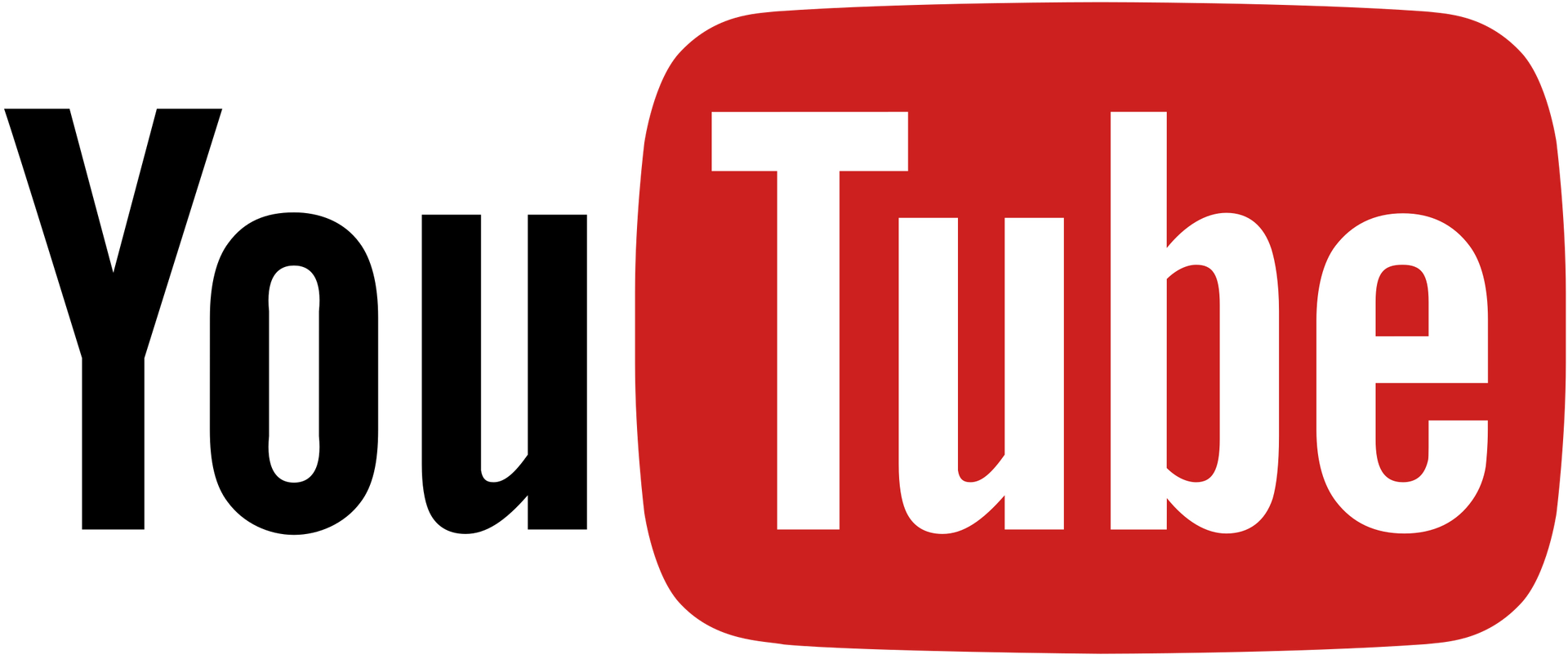P U B L I C A T I O N S
Sales Tips For Success
5 Helpful Strategies to Close The Deal
Published in
Forbes | June 2, 2021 | Author: Thomas Minieri
-- Part of achieving success in business is establishing an effective marketing strategy for your company. Marketing is a broad term and includes not only the advertisements used to get leads, but also the sales strategy that turns those leads into action by a customer that results in revenue for the business.
There have been several instances when my agency has generated leads for a client only to have that client struggle to turn those leads into revenue. This is often indicative of a sales problem, not an advertising problem. Sales is largely based on communication and perception. Here are some of my top tips for improving your sales skills, which should help you land more and better deals.
INITIAL CONTACT
I find that limiting the methods through which customers can communicate with a business can help in the sales process. Having too many ways for customers to contact you can lead to internal confusion, overlooked messages and missed opportunities. Email can be slow, and the back-and-forth can become tedious and unproductive. Instant messaging is decent, as is texting. My favorite method to communicate with prospects is still the telephone. It allows the prospect to immediately connect with an actual person.
If the person answering the telephone is well-trained and follows a well-thought-out script, they should be able to funnel most calls to the next step of the sales process. An initial phone call with a prospect should include a welcoming introduction, confirmation that the prospect made a good decision by calling the business and a basic overview of expectations.
IN-PERSON CONNECTION
While many businesses are striving for automation and remote interaction, there is something to be said for in-person human connection. Some industries, like e-commerce and tech, can get away with limited or no human contact. Other industries, like many service businesses, are dependent on a personal touch.
People connect with other people and with human faces, not with computer screens. People also buy from people they like. Avoid being swayed by strategies used in other industries or even by your competitors. Going more personal when everyone else is going more impersonal may give you a unique edge that helps you stand out in the crowd and land more sales.
REPRESENTATION
In an age when individuality is the trend, it may be advantageous to be different and focus on uniformity and theme. Incorporating things like dress codes and sales scripts convey professionalism and consistency and can give your prospects confidence that they can trust you and that you are organized enough to deliver as expected. Remember, how you do anything is how you do everything.
Whether you're making your first impression on a prospect, or it's your time to present to a client, your physical appearance and demeanor can play an important and often overlooked role. Do you want your prospect's first few impressions of you to be casual and carefree, or uniform and professional? Personal preferences should take a back seat to prospect perception. If you do not convey the right message, you could lose the opportunity.
If you manage a sales team, you may find that they welcome formality and uniformity as it lets them know they are part of a team and a brand as opposed to being lone wolves. It can help them with confidence in sales situations.
PRESENTATION
Many businesses lack any form of presentation for their products or services. In many industries, potential customers do not know they need to do business with you. They may not even know that your industry exists or is something they need. Communication and education are crucial in the sales process. Therefore, it is essential to formulate a proper sales presentation to ensure that prospects understand what it is you offer and how it will help make their lives better.
A sales presentation can be verbally communicated by a salesperson or can be in the form of visuals, slideshows, before-and-after portfolios or short videos. Presentations should always be focused on how your products or services improve the lives of your prospects and how easy it is for them to gain these benefits.
ASKING PROSPECT TO ASK
Once you have connected with your prospect in a personal manner, represented your brand well, and presented your offerings and benefits clearly, it is time for your prospect to act. The trick to getting a prospect to make a transaction is to ask them to do so. The simple act of asking can make all the difference and is all too often overlooked by salespeople. Nerves, doubt and the desire to be liked can creep into the subconscious mind of even the best salespeople from time to time. If you genuinely believe that your product or service will better your prospect’s life, asking them for business can be a beneficial thing to do for them.
When asking a prospect to act, phrasing is key. Be careful not to use the word “or." The common scenario goes like this: “Would you like to schedule a meeting with me tomorrow or ... ?” Here, the salesperson subconsciously leaves the sentence hanging and gives the prospect a way out. If what you are selling will benefit them, there should be no reason to give them a way out of the sale.
Another scenario may go like this: “Would you like to schedule a meeting with me?” In this scenario, the salesperson is offering a “yes” option and a “no” option, leaving the door open for the prospect to decline. Instead, offer two options of "yes," such as: “I am available to meet with you Wednesday at 1 p.m. or Friday at 11 a.m. Which one would you prefer?” This option conveys confidence and control.
CONCLUSION
While these sales tips are geared toward making in-person connections, they can easily be applied to businesses that need to be more automated. Success in sales takes practice and focus. Hopefully, these tips steer you down a path of improved sales and increased prosperity.
Every hero needs a mentor.
"Leverage our business and marketing expertise to reach your goals faster, avoid costly pitfalls, and profit beyond your wildest dreams!"
—Thomas Minieri, Founder & Author








